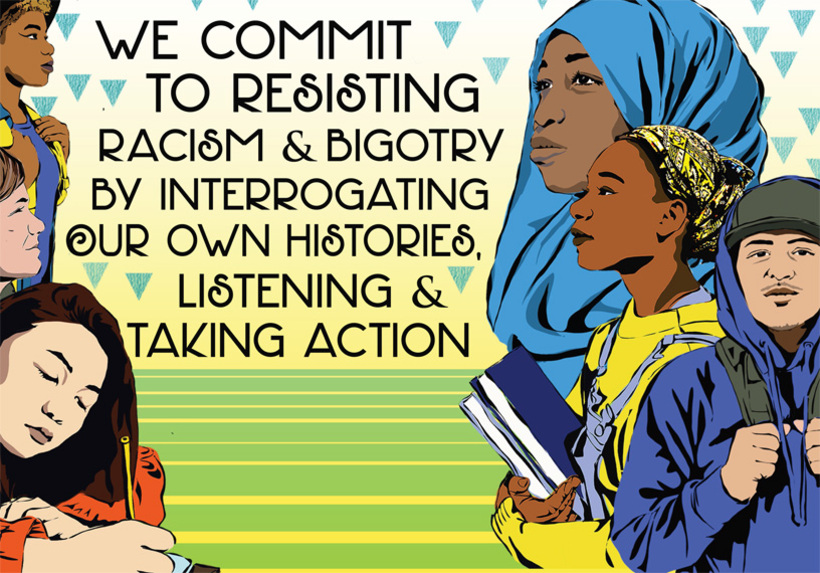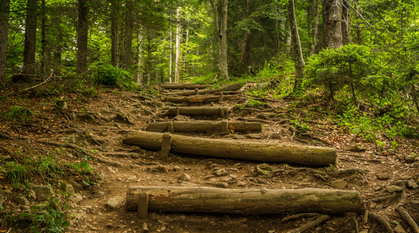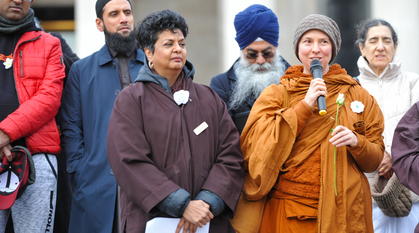Why it is time to build a culture of sanctuary
A new commitment to becoming Sanctuary Meetings could help change for the better the welcome that forced migrants receive says Tim Gee.

Culture can have many definitions. According to the Quaker anthropologist E.B. Tylor it is the principal way in which we interpret the world. Or there's the memorable slogan taught in some business schools: 'culture eats strategy for breakfast'.
Intentionally or otherwise, Quakers have played a part in shaping anglophone culture in some ways. I'd like to think mostly for the better.
To take one example: a historian of social change might make a case that the Quaker conviction of 'that of God in every person' played a fair-sized role in the evolution of the modern conception of human rights.
The careful listener might also hear the echoes of Quakers past in the popularity of phrases like 'speak truth to power', 'bear witness' and 'prisoners of conscience'.
However, this peaceful intervention has been layered over the top of a prevailing culture of patriarchy, militarism and xenophobia which can be traced back to Roman times at least. Note words that shape politics today like 'senate' (from senex: old men), 'forum' (public square) and 'barbarian' (person born abroad who speaks another language).
Even the word 'campaigner' (my job for the past decade) derives from a Latin military word referring to the flat ground where a battle might take place.
That culture of violence is reflected not only in our language but in our built environment. A report last year calculated that in the small area that covers London's Strand and Parliament Square alone, the people represented in statues are either directly responsible for or implicated in the deaths of as many as 30 million people in other countries.
How we are shaped by culture
It is likely that this cultural upbringing – that every British person experiences – influences every one of us on some level.
In political conversation, the fear of the foreigner encouraged in times of war is too often invoked in times of 'peace' to justify – for example – the creation of a 'hostile environment' for immigrants, in which people seeking sanctuary are no longer welcome.
Early this year I visited Quaker meetings across Britain to discover something quite different going on. Building on the Quaker legacy of welcome, local Friends are quietly engaged in a multiplicity of projects to welcome newcomers in different ways.
A great many Quakers support local City of Sanctuary groups, some host refugees in their homes and one couple even spent their life-savings on two terraced houses for destitute migrants.
In Tottenham the meeting runs a community gardening project with refugees and migrants, in Doncaster the meeting hosts a conversation club, and Friends in North Wales have been doing what they can to reunite separated families. The list goes on.
Invitation to become Sanctuary Meetings
This summer we'll be able to go a step further together. We will be inviting every meeting in Britain to become a Sanctuary Meeting by committing to build a culture of welcome, to oppose racism in all its forms, and to help change the laws that allow British state violence against people not born in this country.
As we do so we will remember that Quakers are not insulated from wider culture. With work to change culture in Britain comes a commitment to change the culture of the Society of Friends, to be truly welcoming of difference, and reduce any cultural 'borders' to Quaker community or campaigns.
Culture might eat strategy for breakfast, but if over lunch we invite people round to discuss how the two might be aligned, perhaps we might enjoy a more peaceful evening meal.


